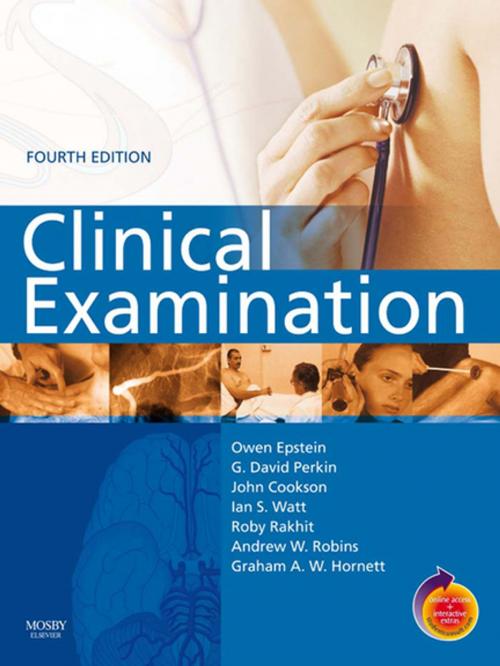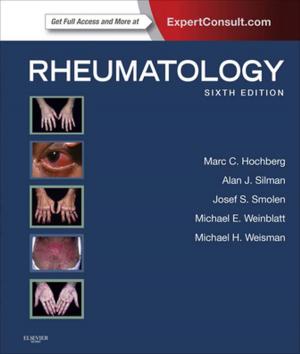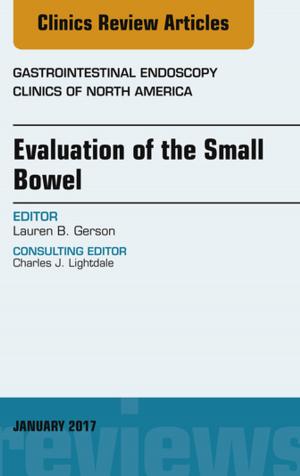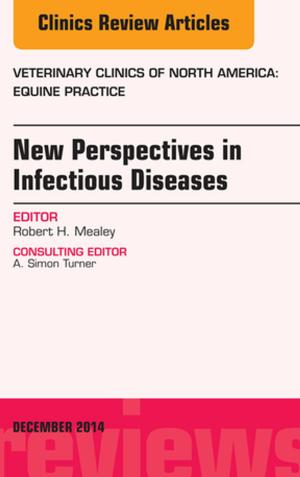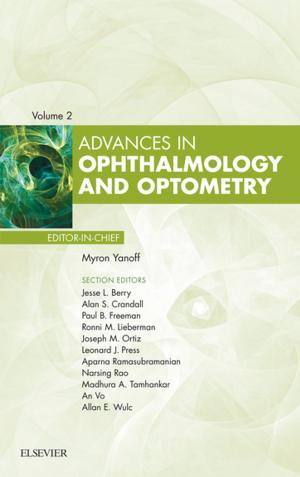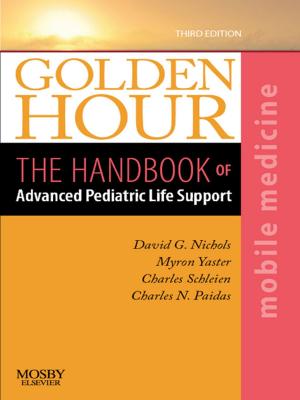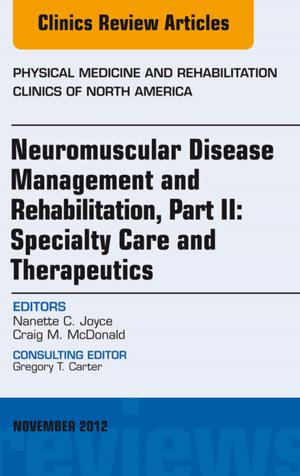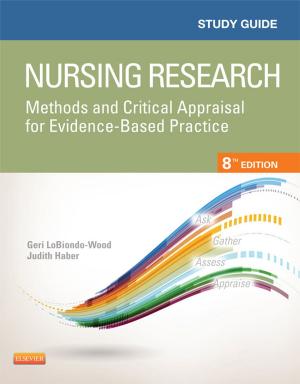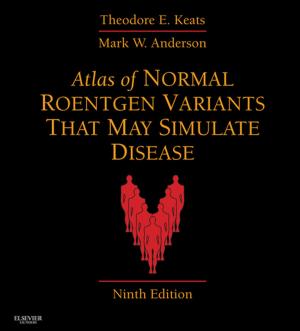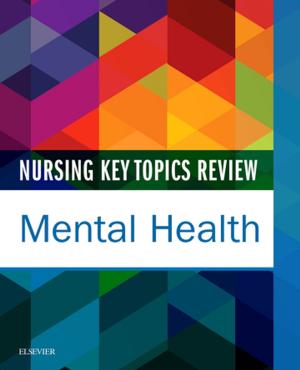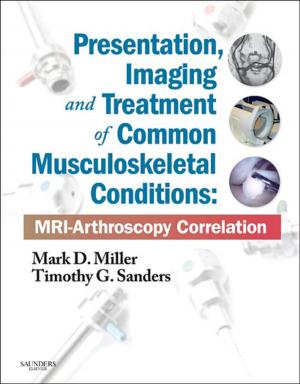Clinical Examination E-Book
Nonfiction, Health & Well Being, Medical, Reference, Practice Management & Reimbursement, Specialties, Internal Medicine, General| Author: | Owen Epstein, MB, BCh, FRCP, G. David Perkin, BA, MB, FRCP BA, MB, FRCP, John Cookson, MD, FRCP, Ian S. Watt, BSc, MB, ChB, MPH, FFPH, Roby Rakhit, BSc, MD, FRCP, Andrew W. Robins, MB, MSc, MRCP, FRCHCH, Graham A. W. Hornett, BA, MA, MB, BChir, FRCGP |
ISBN: | 9780723436058 |
| Publisher: | Elsevier Health Sciences | Publication: | July 7, 2008 |
| Imprint: | Mosby Ltd. | Language: | English |
| Author: | Owen Epstein, MB, BCh, FRCP, G. David Perkin, BA, MB, FRCP BA, MB, FRCP, John Cookson, MD, FRCP, Ian S. Watt, BSc, MB, ChB, MPH, FFPH, Roby Rakhit, BSc, MD, FRCP, Andrew W. Robins, MB, MSc, MRCP, FRCHCH, Graham A. W. Hornett, BA, MA, MB, BChir, FRCGP |
| ISBN: | 9780723436058 |
| Publisher: | Elsevier Health Sciences |
| Publication: | July 7, 2008 |
| Imprint: | Mosby Ltd. |
| Language: | English |
The fourth edition of Clinical Examination provides a clear, practical and above all, superbly illustrated guide to all aspects of history taking and patient examination. Designed to be accessible both to medical students just starting their clinical attachments and to more experienced readers, the clear writing style, the innovative use of clinical photographs and the explanatory illustrations combine to explain and clarify the concepts and skills necessary to take a history and perform an examination. The text is organised by body system, with each chapter structured the same way: firstly, underlying structure and function; secondly, signs, symptoms and abnormalities; thirdly, patient examination.
-
The anatomy & physiology coverage 'sets the scene' and refreshes students' memory on the science they studied earlier in their course
-
The signs & symptoms sections serve as a mini-textbook of medicine by highlighting most important diseases associated with each body system
-
The history-taking and examination sections alert students to general principles and particular considerations relevant to interacting with patients
-
Eight different types of boxes classify information on key aspects of the text: differential diagnosis; emergency topics; examination of the elderly; questions to ask; areas for review; risk factors; symptoms and signs; and ‘red flag’ issues
-
Nearly 1000 illustrations, including over 500 photographs of physical signs as they present in real life
-
Colour diagrams illustrate underlying structure and function as well as demonstrating examination techniques
-
Now available on Student Consult with full online access to the text and illustrations
-
An expanded author team includes representatives from primary care to reflect the changes in the teaching environment for clinical skills
-
A new first chapter focuses more strongly on communication skills and ethics
-
New ‘red flag’ highlight important symptoms and signs requiring urgent attention
-
Online access to the text and illustrations on Student Consult for the first time
-
A revised text design givers the text a fresh feel and aids navigation through the book
The fourth edition of Clinical Examination provides a clear, practical and above all, superbly illustrated guide to all aspects of history taking and patient examination. Designed to be accessible both to medical students just starting their clinical attachments and to more experienced readers, the clear writing style, the innovative use of clinical photographs and the explanatory illustrations combine to explain and clarify the concepts and skills necessary to take a history and perform an examination. The text is organised by body system, with each chapter structured the same way: firstly, underlying structure and function; secondly, signs, symptoms and abnormalities; thirdly, patient examination.
-
The anatomy & physiology coverage 'sets the scene' and refreshes students' memory on the science they studied earlier in their course
-
The signs & symptoms sections serve as a mini-textbook of medicine by highlighting most important diseases associated with each body system
-
The history-taking and examination sections alert students to general principles and particular considerations relevant to interacting with patients
-
Eight different types of boxes classify information on key aspects of the text: differential diagnosis; emergency topics; examination of the elderly; questions to ask; areas for review; risk factors; symptoms and signs; and ‘red flag’ issues
-
Nearly 1000 illustrations, including over 500 photographs of physical signs as they present in real life
-
Colour diagrams illustrate underlying structure and function as well as demonstrating examination techniques
-
Now available on Student Consult with full online access to the text and illustrations
-
An expanded author team includes representatives from primary care to reflect the changes in the teaching environment for clinical skills
-
A new first chapter focuses more strongly on communication skills and ethics
-
New ‘red flag’ highlight important symptoms and signs requiring urgent attention
-
Online access to the text and illustrations on Student Consult for the first time
-
A revised text design givers the text a fresh feel and aids navigation through the book
